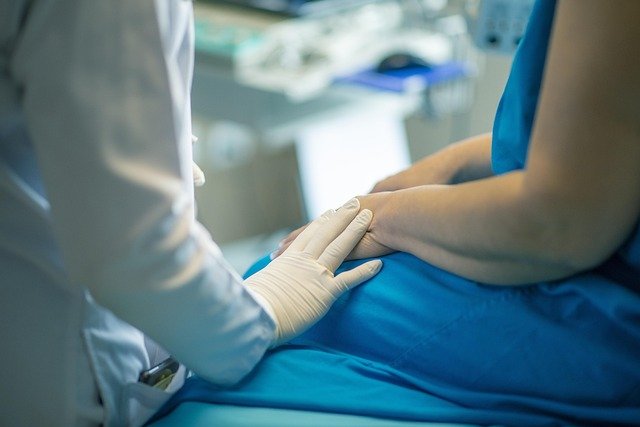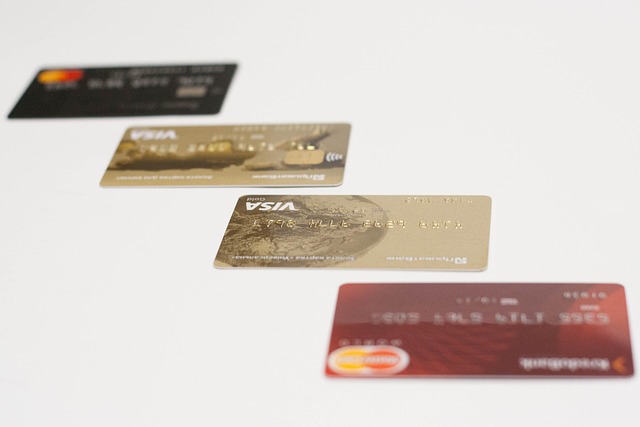Modern Solutions for Tooth Replacement: Advanced Implant Technology
Dental implants have revolutionized tooth replacement options, offering permanent solutions that restore both function and aesthetics. With advancing technology, patients now have access to various implant types, including screwless and traditional screw-based systems. Understanding these modern approaches helps individuals make informed decisions about their oral health restoration needs.

Modern dental implant technology has transformed the landscape of tooth replacement, providing patients with durable and natural-looking solutions. These advanced procedures offer alternatives to traditional dentures and bridges, addressing the needs of millions who experience tooth loss due to injury, decay, or periodontal disease.
Screwless Dental Implants: Modern Solutions for Tooth Replacement
Screwless dental implants represent an innovative approach to tooth restoration that eliminates the need for traditional screw mechanisms. These systems utilize advanced materials and designs that integrate directly with the jawbone through specialized surface treatments and biocompatible coatings. The technology focuses on creating a secure bond between the implant and surrounding bone tissue without relying on threaded connections.
The procedure involves placing a specially designed post that features a smooth or textured surface engineered to promote osseointegration. This process allows the bone to grow around and fuse with the implant, creating a stable foundation for the replacement tooth. Recovery times may vary, but many patients experience reduced discomfort compared to traditional methods.
No-Screw Dental Implants: The Next Generation of Tooth Replacement Solutions
Next-generation implant systems have introduced alternatives that move beyond conventional screw-type fixtures. These solutions often incorporate press-fit technology, where the implant is precisely sized to create an interference fit within the prepared bone socket. The design relies on the natural healing process and bone remodeling to secure the implant permanently.
These systems may feature unique geometries, such as tapered or cylindrical shapes with specialized surface textures that enhance bone contact and integration. Some designs incorporate biomimetic surfaces that mimic natural tooth root structures, potentially improving the body’s acceptance and integration of the implant.
Screw Dental Implants: A Modern Approach to Restoring Your Smile
Traditional screw-type dental implants remain the gold standard in many clinical situations, offering proven reliability and versatility. These systems feature threaded titanium posts that are surgically placed into the jawbone, providing immediate mechanical stability while osseointegration occurs over time.
Modern screw implants incorporate advanced thread designs, surface treatments, and materials that enhance their performance. Many feature micro-textured surfaces that promote faster bone growth and stronger integration. The threaded design allows for precise placement control and can accommodate various bone densities and anatomical considerations.
Understanding the Implant Process and Candidacy
The dental implant process typically involves several stages, beginning with comprehensive evaluation and treatment planning. Patients undergo thorough examinations, including imaging studies to assess bone quality and quantity. Adequate bone volume and density are essential for successful implant placement, though bone grafting procedures can address deficiencies when necessary.
The surgical phase involves placing the implant into the prepared site under local anesthesia or sedation. Following placement, a healing period of several months allows for osseointegration to occur. During this time, temporary restorations may be provided to maintain function and aesthetics.
Cost Considerations and Provider Options in India
Dental implant costs in India vary significantly based on the type of system used, complexity of the case, and geographic location. Understanding pricing structures helps patients plan for their treatment investment.
| Provider Type | Implant System | Cost Estimation (INR) |
|---|---|---|
| Private Dental Clinics | Premium Screw Implants | 25,000 - 60,000 |
| Dental Hospitals | Standard Implant Systems | 20,000 - 45,000 |
| Specialty Centers | Advanced Screwless Systems | 30,000 - 70,000 |
| Academic Institutions | Training Program Rates | 15,000 - 35,000 |
Prices, rates, or cost estimates mentioned in this article are based on the latest available information but may change over time. Independent research is advised before making financial decisions.
Additional costs may include pre-surgical procedures, imaging studies, temporary restorations, and follow-up care. Many providers offer payment plans or financing options to make treatment more accessible.
Recovery and Long-term Success
Successful implant treatment requires proper post-operative care and ongoing maintenance. Patients must follow specific oral hygiene protocols and attend regular follow-up appointments to ensure optimal healing and long-term success. Most dental implants can last decades with proper care, making them a cost-effective long-term solution.
Factors affecting implant success include patient health, bone quality, surgical technique, and post-operative compliance. Smoking, uncontrolled diabetes, and poor oral hygiene can negatively impact healing and long-term outcomes.
Modern dental implant technology continues to evolve, offering patients increasingly sophisticated options for tooth replacement. Whether choosing screwless systems, traditional screw-type implants, or other advanced solutions, working with qualified professionals ensures the best possible outcomes for restored oral function and aesthetics.




